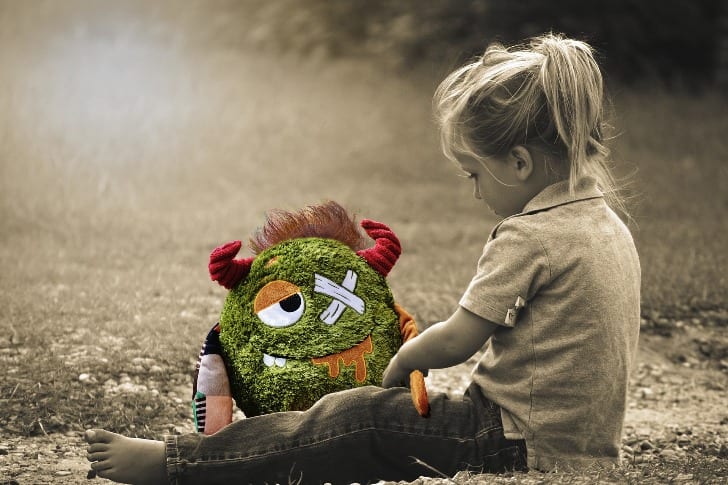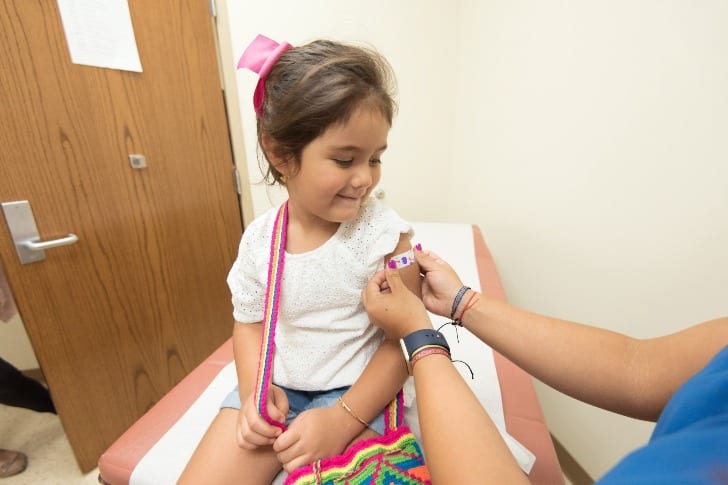Growing children are more susceptible to stress than we are. Every child has their process of perceiving and understanding each situation; while some have high resilience levels, others may not be so lucky.
The pace of life is nowhere close to slowing down these days, and more than ever, a lot of focus is being given on maintaining a healthy mental balance. As parents, you can study early signs of mental health issues by being aware of concerning symptoms in your kids.

Not Knowing Something Makes Them Anxious
Asking something repeatedly and continuously seeking information is a tell-tale sign of anxiety. Teach your child that not knowing everything is alright and build their resilience against their desire to do so.
Constantly Sleeping or Not Sleeping at All
Disturbed sleeping patterns are also a significant cause for worry as it could lead to anxiety or depression. Parents should try to understand the reason that brought about this change and work on rectifying it.
Too Much Alone Time

Does Not Let Go
A clingy child may signify separation anxiety. Kids with this symptom may not have enough confidence or mental stamina to be alone. Parents can work with their little ones to teach them how to be comfortable when away from them and the right attitude of ‘I can do it,’ or ‘I can figure this out!’
Increased Moodiness
Constant irritability and grumpiness is a common feature among adolescent kids. Parents often assume it is part and parcel of growing up. It might be true, but prolonged bouts of bad behavior can be a cause of concern too.
Losing Interest in Favorite Activities
This is the early sign of oncoming depression. It could be a change of heart, but altogether abandonment of activities that a child used to love doing warrants a closer look.
Changes in Basic Etiquette
Another sign of anxiety and depression is when maintaining basic hygiene takes a back seat. It will be helpful if parents can normalize a routine for their kids and reignite the interest in keeping up with important essential habits.

If your child is exhibiting any of these symptoms, it might be right to get them started on therapy. An excellent place to begin can be your child’s pediatrician as the physician already knows your kid’s history and will probably have some good recommendations. Plus, parents can also look for online directories of therapists.
